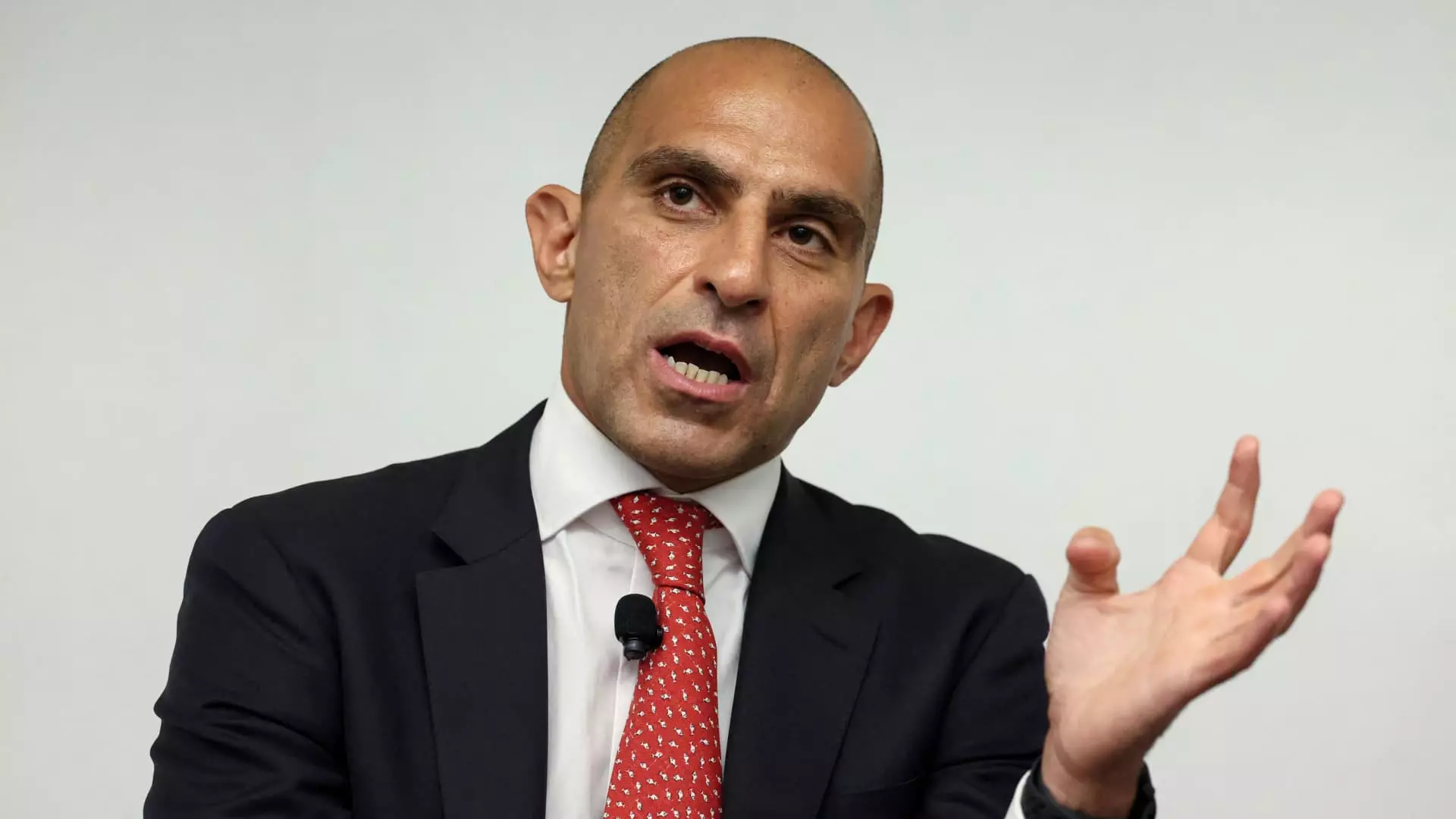The Commodity Futures Trading Commission (CFTC), under the guidance of chairman Rostin Behnam, finds itself in a tumultuous period marked by high-stakes legal battles and evolving market dynamics. As regulatory bodies strive to adapt to the changing landscape of financial products and digital assets, the CFTC’s decisions are both pivotal and contentious. Most recently, the agency attempted to block Kalshi, a financial exchange, from launching contracts that allow bets on U.S. electoral outcomes—a move that has heightened scrutiny of the commission’s role in safeguarding market integrity.
In September, the CFTC faced a significant setback when a court ruled against its attempts to prohibit Kalshi from offering election betting contracts. This decision not only lifted a temporary injunction but also underscored an ongoing challenge the CFTC has faced regarding its stance on event contracts concerning political outcomes. Chairman Behnam articulated the commission’s long-held belief that such contracts are legally questionable; however, he acknowledged the necessity of navigating through current litigation while simultaneously emphasizing market integrity. The agency’s appeal signifies its commitment to protecting the financial ecosystem while grappling with complex legal parameters that define its authority.
Compounding the challenges faced by the CFTC is the rapidly evolving realm of digital assets. Behnam has voiced concerns about the absence of a comprehensive legislative framework to regulate this burgeoning sector. In recent testimonies, he has stressed the urgency for Congress to enact laws that safeguard consumer interests against a backdrop of rising frauds and scams targeting everyday Americans. Without such regulations, the potential for systemic risks in the financial system looms large. The contrast between the pace of technological advancement in the financial sector and the sluggish legislative response highlights an alarming gap that could have far-reaching implications for investors and the integrity of financial markets.
As digital assets continue to gain traction, the call for a cohesive regulatory framework only intensifies. Behnam’s recent comments before the U.S. Senate underline the CFTC’s vision for an inclusive set of regulations that would address not only the immediate risks associated with digital asset trading but also the long-term stability of the financial system. Striking a balance between innovation and protection is no small feat; regulators must navigate the complexities of fostering economic growth while ensuring that consumers are shielded from potential malpractices.
The intertwining challenges of electoral event contracts and digital asset regulation reflect the complexities that regulatory bodies like the CFTC face in a fast-changing landscape. As the agency continues its legal fights and urges Congress to redefine the framework governing digital assets, stakeholders will be watching closely. The outcome of these developments could very well shape the United States’ financial regulatory environment for years to come, highlighting the critical role of agencies in striking a balance between innovation and consumer protection.

